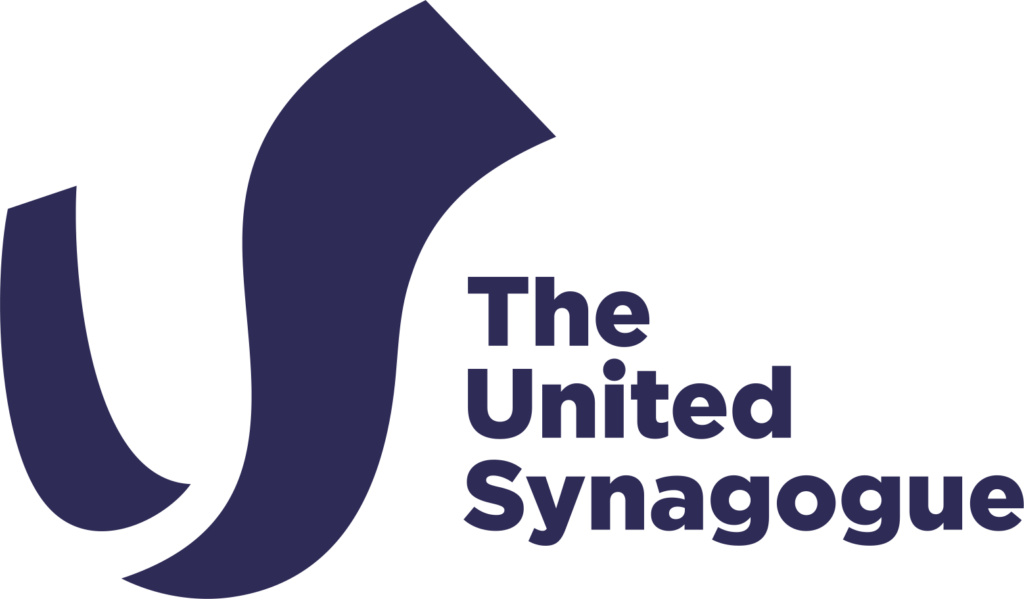Leading our work supporting people with disabilities and additional needs are Daniella Neifeld, our Community Participation Manager, and Rivka Steinberg, our Lead Advocate for Additional Needs. You can meet them here!
Daniella Neifeld, Community Participation Manager

Originally from the United States, Daniella moved to the UK nearly six years ago and has recently joined the United Synagogue as Community Participation Manager.
Daniella’s background is in Jewish Education and strategic development. She has worked with Jewish Communities across the world including Israel, the USA and Australia. She believes in highlighting the uniqueness of each community while focusing on the Jewish national identity.
To appreciate a community, it is important to appreciate the individuals who make up the community. As an educator, Daniella understands the importance of creating an environment of belonging. It is essential for individuals of different needs, circumstances and outlooks to learn, grow, and give back effectively.
Daniella is excited to use her background in strategic development to create strong and impactful change alongside her colleagues at the United Synagogue and community leaders.
She can be reached via dneifeld@theus.org.uk.
Rivka Steinberg, Lead Advocate for Additional Needs

Rivka spent many years working in scientific research. Her interest in improving the quality of education and health services for children with Special Education Needs and Disabilty (SEND), developed when her eldest daughter was diagnosed with neurodisability in 2005 and with it the requirement to become a strong advocate for all her additional needs. She trained with IPSEA (Independent provider of SEND legal advice) to develop a strong knowledge of the SEND legislation and has used her broad knowledge and skills gained over many years to advise parent carers on SEND matters. She has also worked for voluntary organisations, specialist provisions and on parent advocacy with Local Authorities.
Her personal and professional experiences have seeded a desire and passion to share the knowledge acquired in her own journey and to work closely with leadership in the community, to enable all children and adults to lead a high quality of life, regardless of their additional needs. Rivka believes this is all about breaking down barriers so that children and adults with needs, are more fully integrated and supported to embody Jewish life in ways that are meaningful to them without feeling compromised.
She can be contacted on rsteinberg@theus.org.uk



